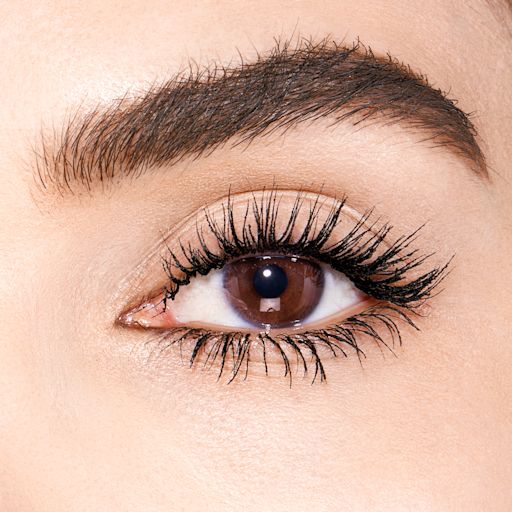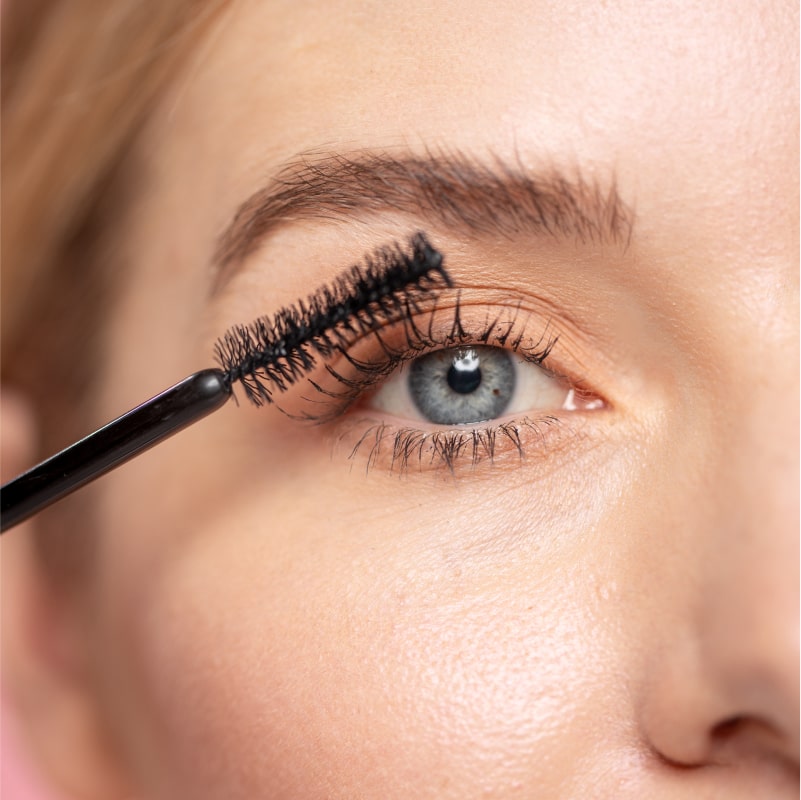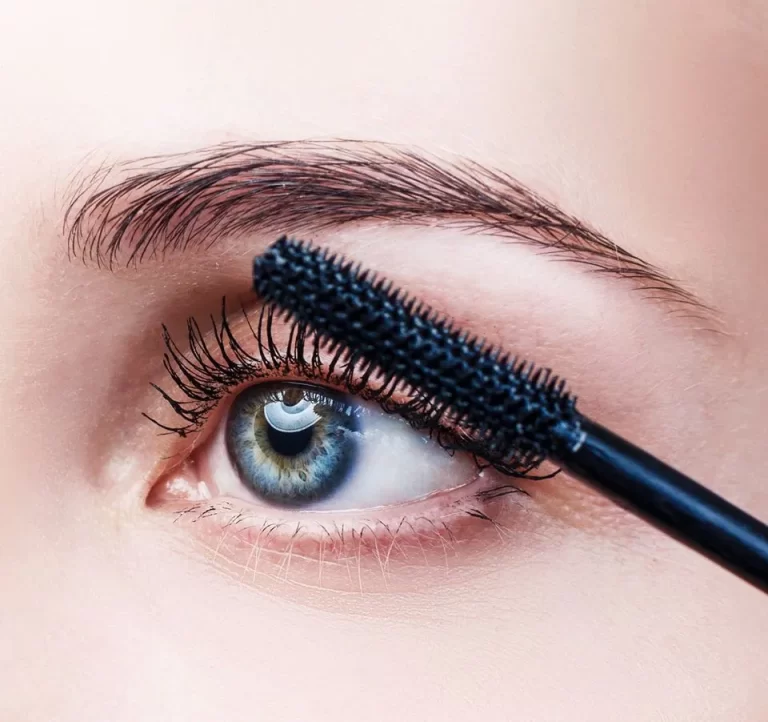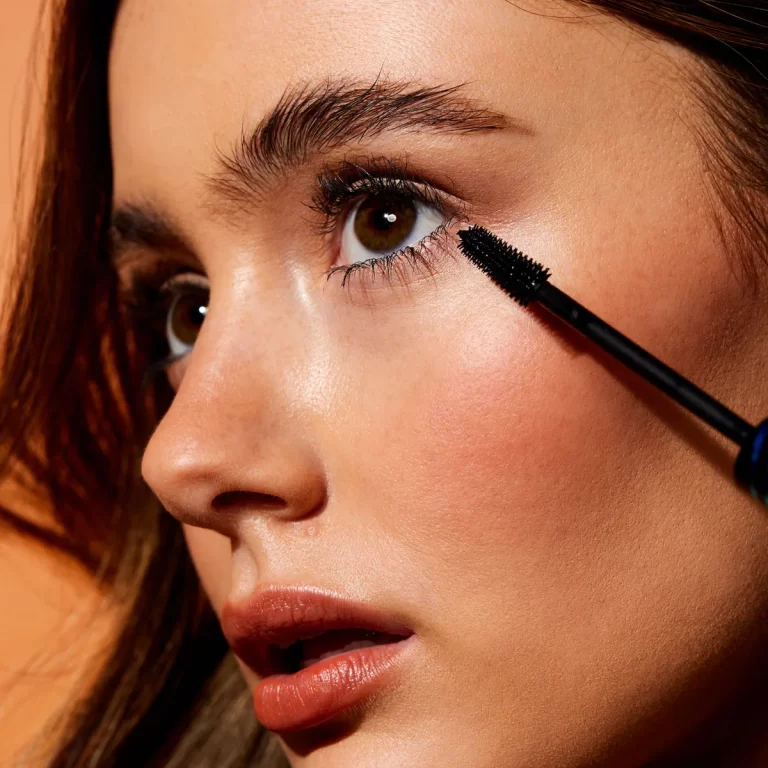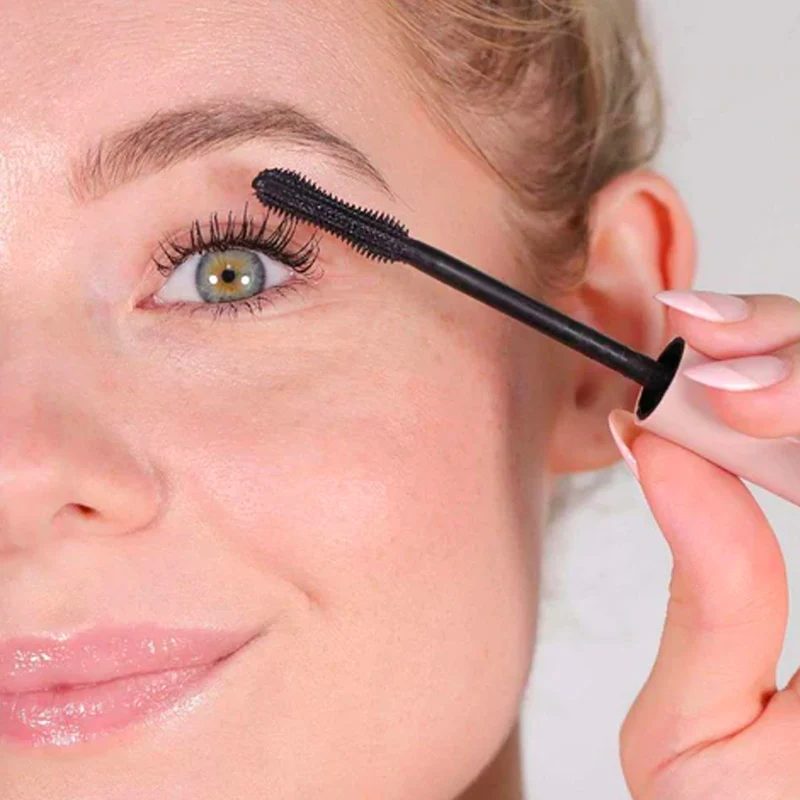
Allergic to Mascara
Living with Mascara Allergies: Understanding, Managing & Finding Alternatives
Mascara is a staple in most beauty arsenals, providing the finishing touch that transforms eyes into captivating windows to our soul. However, for some, this seemingly innocuous cosmetic can trigger uncomfortable and distressing reactions due to allergies. If you are allergic to mascara ingredients, seek hypoallergenic formulas free of common irritants and do a patch test before use to avoid reactions.
The prevalence of mascara allergies may be underestimated, but it’s a reality faced by many individuals. This blog aims to serve as a comprehensive guide for those who experience allergic reactions to mascaras, equipping them with the knowledge to understand their condition, manage symptoms effectively, and explore alternative options.
Understanding Mascara Allergies
When we delve into the science behind cosmetic allergies, we discover that certain ingredients in mascaras are often the culprits. These include preservatives like parabens and formaldehyde releasers, fragrances, and even latex found in some waterproof formulas. When these allergens come into contact with the delicate skin around our eyes, they can provoke an immune response that leads to inflammation and irritation.
Symptoms of a mascara allergy can range from mild redness and itching to more severe manifestations such as swollen eyelids, watery or teary eyes, and in extreme cases, conjunctivitis or contact dermatitis. Recognizing these symptoms promptly is crucial for taking appropriate action.
Diagnosis and Testing
If you suspect a mascara allergy, it’s essential to identify the root cause. This process typically starts with observing patterns of reaction after using specific products and then seeking professional medical advice from dermatologists or allergists. Patch testing, where small amounts of potential allergens are applied to the skin under medical supervision, can help pinpoint the exact ingredient causing the issue.
An integral part of managing mascara allergies is understanding what goes into your cosmetics. Always read ingredient labels diligently; familiarize yourself with common allergens and avoid any products containing them.
Managing Mascara Allergies
When faced with an allergic reaction, swift action is key. Remove the mascara immediately and gently cleanse the affected area. Apply cold compresses to soothe irritation and consider over-the-counter antihistamines to alleviate symptoms. If there’s no improvement or if symptoms worsen, seek immediate medical attention.
Prevention is better than cure, so adopting avoidance strategies is vital. Look for hypoallergenic mascaras that exclude known irritants and opt for products bearing certifications such as “fragrance-free” or “paraben-free.” Remember to regularly update your makeup stash to prevent the accumulation of allergens and ensure good hygiene practices when applying and storing mascara.
Exploring Alternative Options
For those allergic to traditional mascaras, the world of natural and organic mascaras opens up promising avenues. These products often tout fewer synthetic ingredients and reduced risk of irritation, although it’s important to note that “natural” does not automatically mean “hypoallergenic.” Thorough research and selecting reputable brands are critical.
Beyond mascara, several other lash-enhancing techniques can provide alternatives. Lash serums and growth treatments can help strengthen and lengthen lashes naturally without direct application to the eye area. False lashes and extensions are also viable options but require careful consideration and consultation with professionals if you have sensitive skin.
Using eyeliner pencils or gels creatively can mimic the look of mascara, while steering clear of potential allergens. Additionally, some individuals experiment with DIY mascaras using natural ingredients, but caution should be exercised regarding hygiene and the possibility of hidden allergens.
Tips for Maintaining Healthy Lashes and Skin
To complement these changes in your makeup routine, practice gentle skincare around the eyes. Use fragrance-free, hypoallergic cleansers, and moisturizers designed for sensitive skin. Regularly clean your makeup brushes to minimize the transfer of allergens, and keep a record of personal allergy triggers to make informed choices about future purchases.
The Art of Avoiding Mascara Allergies: A Strategic Approach
Avoiding mascara allergies requires a proactive and informed approach to your beauty routine. Here’s how you can minimize the risk of allergic reactions and continue to enjoy luscious lashes without compromise.
Understanding Your Triggers
The first step in dodging mascara-related allergies is to identify your specific triggers. Common allergens in mascaras include preservatives like parabens, formaldehyde releasers, fragrances, and latex. Be vigilant about reading ingredient labels and note any substances that have caused issues in the past. If unsure, consult with a dermatologist or allergist who can perform patch testing to pinpoint exact allergens.
Choosing Hypoallergenic and Fragrance-Free Options
Once you know what to avoid, select mascaras that are hypoallergenic and free from known irritants. These products typically contain fewer synthetic ingredients and are formulated to reduce the likelihood of an allergic reaction. Look for certifications such as “fragrance-free,” “paraben-free,” and “ophthalmologist-tested” which indicate a lower risk profile.
Clean Beauty Alternatives
Explore natural and organic mascaras that use plant-based ingredients instead of harsh chemicals. While not automatically allergy-proof, these mascaras often contain gentler components that may be more suitable for sensitive eyes. However, remember to thoroughly research the brand and its ingredients list before making a purchase.
Regular Product Rotation and Hygiene
Maintain good hygiene practices when it comes to your mascara. Replace it every three to six months to prevent bacterial growth and the accumulation of allergens. Before applying, ensure the wand is clean and avoid pumping it into the tube, which introduces air and bacteria. Additionally, never share mascaras to prevent cross-contamination.
Testing New Products Responsibly
When trying out a new mascara, always do a patch test beforehand. Apply a small amount behind your ear or on the inside of your wrist and wait 24-48 hours to see if any redness, itching, or swelling occurs. This simple precaution can save you from potential discomfort and inflammation around your eyes.
Exploring Non-Mascara Enhancements
Consider alternatives to mascara for lash definition. Eyelash serums, conditioners, or growth treatments can improve the health and appearance of your lashes without direct application near the eye area. False lashes, eyelash extensions, and strategic eyeliner applications are also viable options to achieve a similar look without risking a reaction.
Post-Reaction Care and Prevention
If you experience an allergic reaction despite precautions, remove the mascara immediately and gently cleanse the affected area. Cold compresses can help alleviate irritation, while over-the-counter antihistamines might provide relief. Remember, prevention is better than cure, so reinforce your avoidance strategy by learning from each experience and adjusting your makeup choices accordingly.
Conclusion
Navigating the realm of mascara allergies requires a blend of vigilance, self-care, and creativity. By understanding the causes, recognizing the symptoms, and effectively managing allergic reactions, you can maintain a stunning beauty regimen without compromising your health. As the beauty industry continues to evolve, embracing hypoallergenic technology and cleaner formulations, there’s hope on the horizon for those struggling with mascara allergies. Until then, stay informed, advocate for your well-being, and never underestimate the power of making safe, healthy choices for your eyes and overall skin health.

